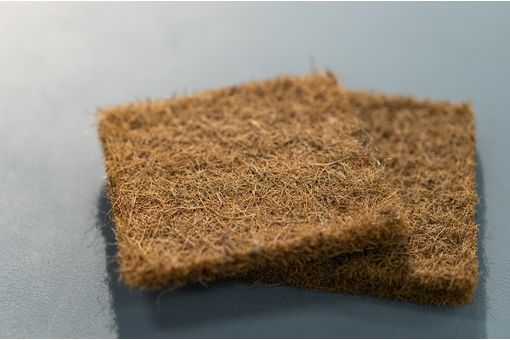Interviews
Demand for wage rise to affect Indonesian textile industry
28 Nov '11
2 min read
The demand for increase in wages by workers above the Proper Requirement of Living (KHL) standards set by the National Wage Council is likely to negatively impact labour-intensive industries in Indonesia, including textiles and garments.
In Indonesia, the National Wage Council (Dewan Pengupahan Nasional) is a tripartite agency consisting of representatives of labour unions, Government and the employers. It proposes the KHL based on a survey on 48 economic components.
The Provincial minimum wage (UMP) and the minimum wages of districts and cities are set by the respective Governors based on the recommendation of the Wage Council.
Talking to fibre2fashion about the demand of trade unions seeking an increase in UMP and its impact, Mr. Sofjan Wanandi, Chairman, Indonesian Employers Association (APINDO), said, “The minimum wage turmoil in Indonesia will hinder the recruitment of workers in the formal sector as well as have negative impact on the welfare of informal sector workers, which forms 70 percent of the total workforce.”
“Increasing wages above reasonable economies of scale will also hinder upgradation of small business entities in the informal sector. This will leave employers with no choice but to recruit outsource workers rather than to increase the number of full-time workers,” he opined.
Further, he said, “High minimum wages will force companies to undergo adjustment of working hours, reduction of fuel and electricity consumption, reduction of worker benefits, employee reductions or the increasing usage of machinery.”
Informing about some recommendations made by APINDO on the issue, he said, “We have proposed that the minimum wage should be determined once in 2 years rather than every year. Secondly, several components of KHL should be reviewed, including food, clothing, housing, health, education, transportation, recreation and savings of a worker. At the same time, multiplier effects of the increase of minimum wage should also be observed closely and carefully, in order to improve investment climate for acceleration and expansion of economic development in Indonesia.”
Mr. Ade Sudrajat, Chairman, Indonesian Textile Association (API), adds, “Since there is a huge worker population in the country in various regions, it is very difficult for us to give same wages to all of them.”
In Indonesia, the National Wage Council (Dewan Pengupahan Nasional) is a tripartite agency consisting of representatives of labour unions, Government and the employers. It proposes the KHL based on a survey on 48 economic components.
The Provincial minimum wage (UMP) and the minimum wages of districts and cities are set by the respective Governors based on the recommendation of the Wage Council.
Talking to fibre2fashion about the demand of trade unions seeking an increase in UMP and its impact, Mr. Sofjan Wanandi, Chairman, Indonesian Employers Association (APINDO), said, “The minimum wage turmoil in Indonesia will hinder the recruitment of workers in the formal sector as well as have negative impact on the welfare of informal sector workers, which forms 70 percent of the total workforce.”
“Increasing wages above reasonable economies of scale will also hinder upgradation of small business entities in the informal sector. This will leave employers with no choice but to recruit outsource workers rather than to increase the number of full-time workers,” he opined.
Further, he said, “High minimum wages will force companies to undergo adjustment of working hours, reduction of fuel and electricity consumption, reduction of worker benefits, employee reductions or the increasing usage of machinery.”
Informing about some recommendations made by APINDO on the issue, he said, “We have proposed that the minimum wage should be determined once in 2 years rather than every year. Secondly, several components of KHL should be reviewed, including food, clothing, housing, health, education, transportation, recreation and savings of a worker. At the same time, multiplier effects of the increase of minimum wage should also be observed closely and carefully, in order to improve investment climate for acceleration and expansion of economic development in Indonesia.”
Mr. Ade Sudrajat, Chairman, Indonesian Textile Association (API), adds, “Since there is a huge worker population in the country in various regions, it is very difficult for us to give same wages to all of them.”
Fibre2fashion News Desk - India
Popular News
Leave your Comments
Editor’s Pick
































-Ltd..jpg?tr=w-120,h-60,c-at_max,cm-pad_resize,bg-ffffff)





.jpg?tr=w-120,h-60,c-at_max,cm-pad_resize,bg-ffffff)
.jpg?tr=w-120,h-60,c-at_max,cm-pad_resize,bg-ffffff)






